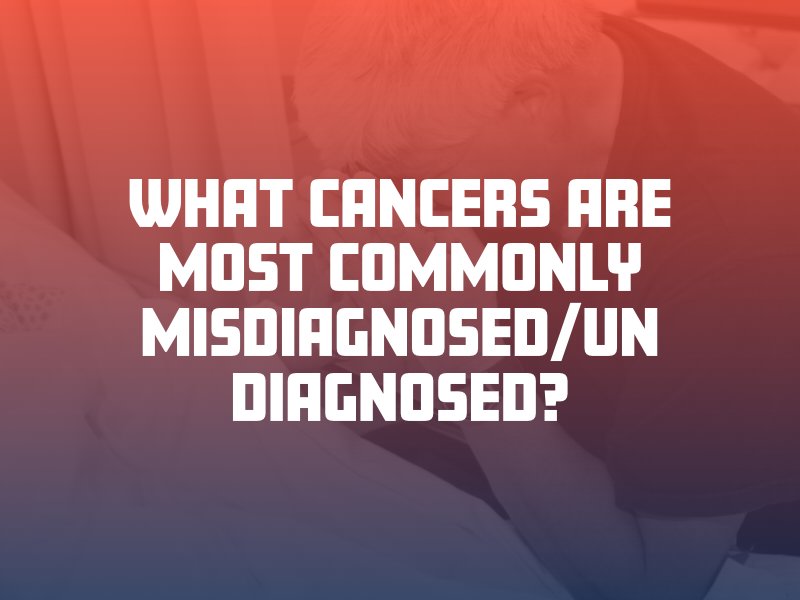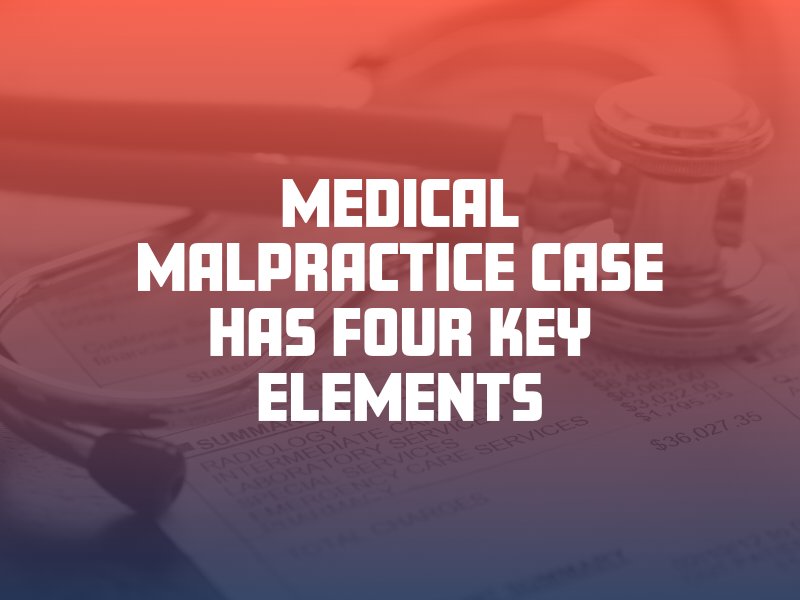While discovering and properly diagnosing any medical condition is important for a patient’s prognosis, it is especially crucial to detect cancer as early as possible. The negligent failure to diagnose cancer could lead to missed treatment opportunities and a worsened health outcome for the patient.
If a doctor or oncologist failed to diagnose cancer in you or a loved one, discuss the possibility of filing a medical malpractice claim with an attorney in Albuquerque. The experienced medical malpractice lawyers at The Fine Law Firm can help you and your family through the legal process with personal care and attention to detail. Contact us for a free consultation.
What Does Failure to Diagnose Cancer Mean?
In the context of medical malpractice law, “failure to diagnose cancer” means the failure of a health care provider to make a timely and accurate identification of cancer in a patient when a reasonably prudent doctor would have in the same circumstances. When the negligent failure to diagnose cancer worsens a patient’s health prognosis, the health care provider can be held liable, or legally responsible, through a civil case known as a medical malpractice claim.
What Cancers Are Most Commonly Misdiagnosed/Undiagnosed?
Certain types of cancer are more commonly misdiagnosed or undiagnosed due to the nature of the disease, such as the specific symptoms and difficulties in detection. A negligent physician may mistake the symptoms of cancer for another, less serious disease. This can lead to a dangerous lack of treatment for the patient.

Commonly misdiagnosed cancers include:
- Bladder cancer
- Breast cancer
- Colon cancer
- Colorectal cancer
- Esophageal cancer
- Lung cancer
- Lymphoma
- Melanoma and other skin cancers
- Mesothelioma
- Ovarian cancer
- Pancreatic cancer
- Prostate cancer
Many of these cancers are mistaken for other diseases or missed entirely – especially if the physician or specialist does not take proper care when examining the patient or ordering diagnostic tests. A misdiagnosis, delayed diagnosis or the failure to diagnose any type of cancer can lead to dangerous delays in treatment.
The Consequences of Failing to Diagnose Cancer
Early detection is critical in cancer cases. Catching cancer in an early stage, such as Stage 1 or 2, can broaden a patient’s treatment options. After the disease has progressed, options for treatment become more limited. It may not be possible to operate on a patient, for example, if the cancer has metastasized (spread) to various parts of the body.
If cancer is misdiagnosed or undiagnosed due to medical negligence, it can lead to a dangerous delay in treatment and a worsening of the disease. The cancer may progress to more advanced stages, making it much harder (and more expensive) to treat. The delay may lead to the need for more invasive or aggressive treatments, which can take a physical and emotional toll.
The patient may suffer increased physical discomfort due to more severe symptoms, lessening the patient’s quality of life. Realizing that the cancer could have been treated more effectively had it been diagnosed sooner can also have a psychological impact. In some cases, a delayed diagnosis reduces a patient’s chances of long-term survival and contributes to premature death.
Why Might a Doctor Miss a Cancer Diagnosis?
A doctor may miss a cancer diagnosis for a variety of reasons, many of which are related to avoidable human errors and systemic issues at the health care facility. Any of the following mistakes by medical practitioners can contribute to a missed cancer diagnosis in Albuquerque:
- Inadequate patient examination or medical history
- Incomplete cancer screening
- Ignoring a patient’s symptoms
- Failing to properly interpret symptoms
- Failing to order appropriate diagnostic tests early in the process
- Oncologic radiologist misinterpreting imaging
- A lack of follow-up on abnormal imaging scans, such as x-rays
- Failing to refer the patient to a cancer specialist
- Poor communication between health care providers
- Over-reliance on medical technology
- Overworked or fatigued health care providers
- Physician incompetence or gross negligence
If another doctor in the same or similar circumstances would have arrived at a correct and timely diagnosis of a patient’s cancer, the patient may have grounds to file a medical malpractice claim in New Mexico.
How to Prove a Failure to Diagnose Cancer Lawsuit
Proving a medical malpractice lawsuit filed for the failure to diagnose cancer involves establishing that a health care provider was negligent and that this led to patient harm. Medical negligence refers to a health care professional deviating from the accepted medical standard of care or providing substandard care, resulting in harm or injury to a patient.

A medical malpractice case has four key elements:
- Duty of care: the defendant had a legal obligation to provide proper care to the plaintiff due to an established doctor-patient relationship.
- Breach of duty: the defendant failed to meet the standard of care that a reasonably competent and skilled health care provider would have provided under similar circumstances.
- Causation: the defendant’s breach of duty caused harm to the patient, such as the patient’s condition worsening as a result of a missed cancer diagnosis.
- Damages: the plaintiff suffered actual harm or injury (physical, emotional or financial) as a result of the defendant’s negligence.
The elements of the claim must be proven based on a preponderance of the evidence by the plaintiff, meaning the claim is more likely to be true than not true. If the burden of proof is met, the patient can receive financial compensation for related medical bills, lost income, pain and suffering, emotional distress, the wrongful death of a loved one, and other losses.
Why You Should Hire a Medical Malpractice Lawyer in Albuquerque
Proving and winning a medical malpractice case for the failure to diagnose cancer is not easy. You must establish your case using compelling evidence of medical negligence and harm suffered. A skilled attorney can help you navigate the legal process, gather the necessary evidence and advocate for maximum compensation on your behalf.
Your lawyer can benefit your case by providing expert knowledge of New Mexico’s medical malpractice laws, as well as access to highly qualified medical experts who can testify and strengthen your case. Your lawyer can handle a medical center or insurance company during settlement negotiations and bring your case to trial, if necessary, to achieve optimal results.
If you or someone you love has been harmed due to a health care provider negligently failing to diagnose cancer, contact The Fine Law Firm for a free case evaluation. Our Albuquerque medical malpractice attorneys are here to assist you.




